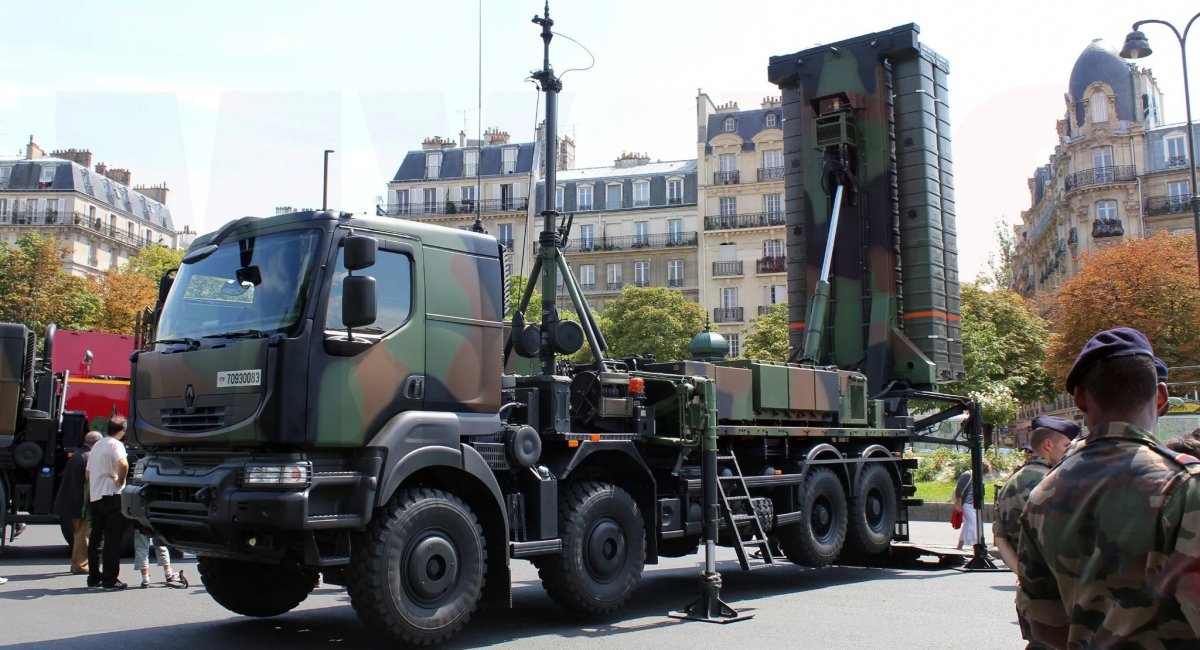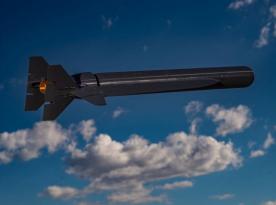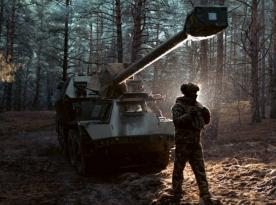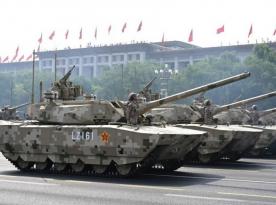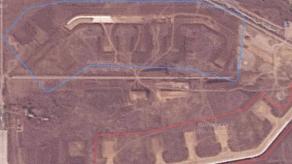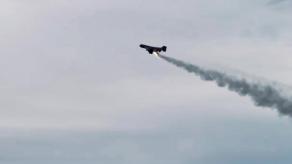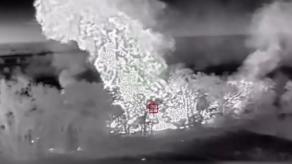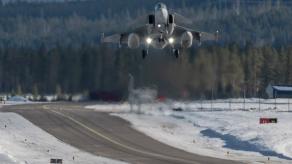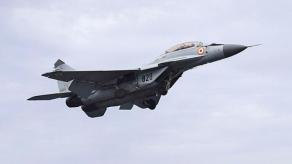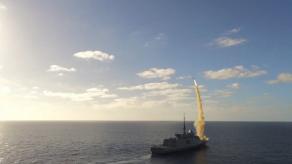Ukraine will receive its third battery of the European SAMP/T air defense system this October, according to a statement by Deputy Speaker of the Ukrainian Parliament Olena Kondratiuk. The announcement was made during the Ukraine Recovery Conference (URC2025) in Rome, where Italy reaffirmed its commitment to support Ukraine's defense capabilities.
The delivery was first mentioned in May 2025, when Italian Defense Minister Guido Crosetto informed the parliamentary defense committee about including the SAMP/T battery in Italy's 11th military aid package to Ukraine. Once deployed, this system could greatly enhance the country's ability to intercept enemy aircraft at ranges exceeding 100 km, as well as counter ballistic missile threats.
Read more: Ukrainian Engineers Develop Robotic Turret for MANPADS and Light Air Defense Missiles
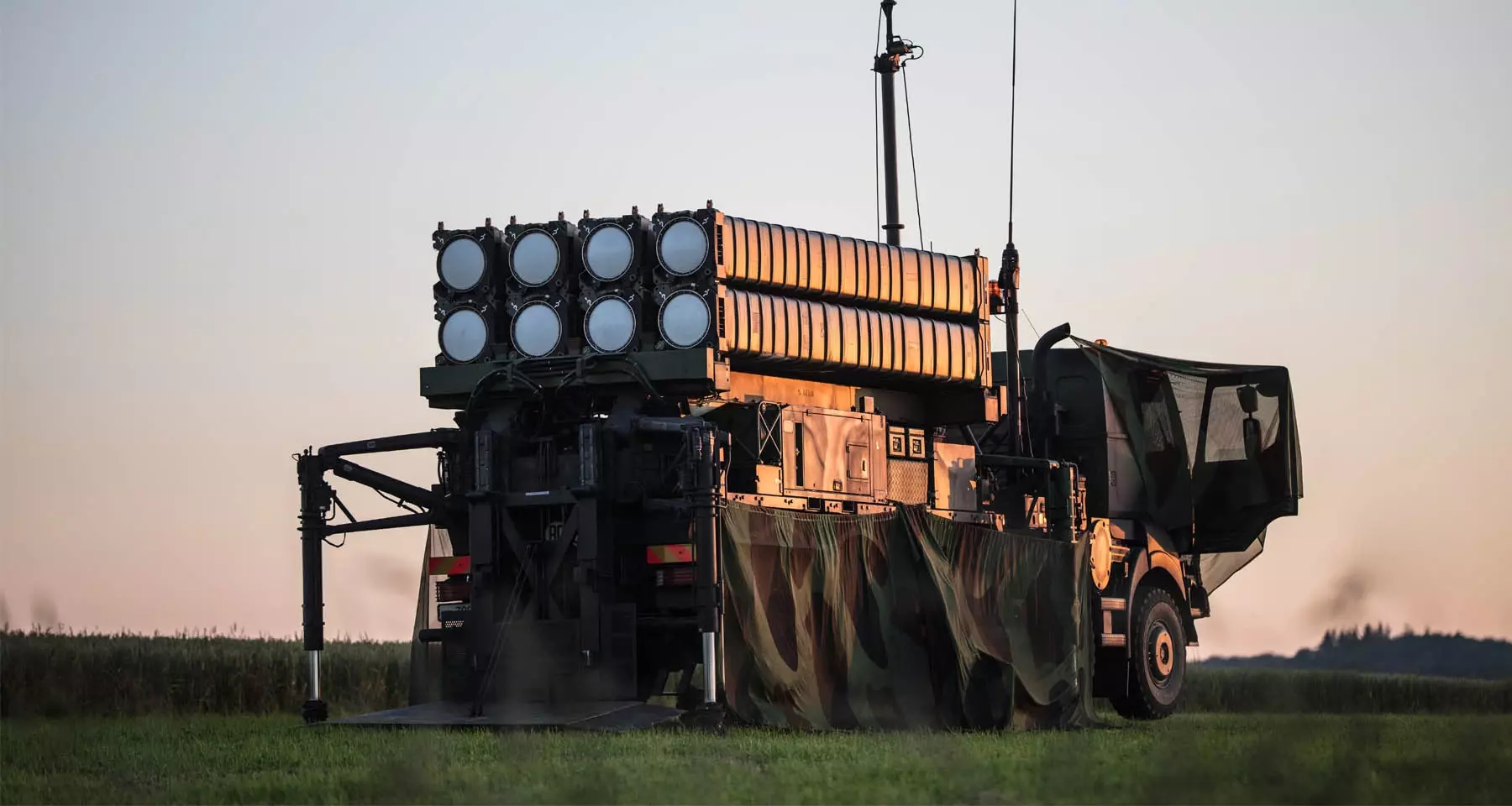
At present, Ukraine has already received two SAMP/T batteries, although their operational performance remains largely undisclosed. There have been reports of software-related issues that impacted their ability to intercept ballistic targets — a known vulnerability that may have already been addressed.
A more pressing challenge, however, is the shortage of ASTER interceptor missiles, without which the launchers cannot function. Despite Italy's plans to increase production capacity by 50% this year and double it by 2026, it remains unclear whether this will be enough to sustain three fully active batteries in Ukraine.
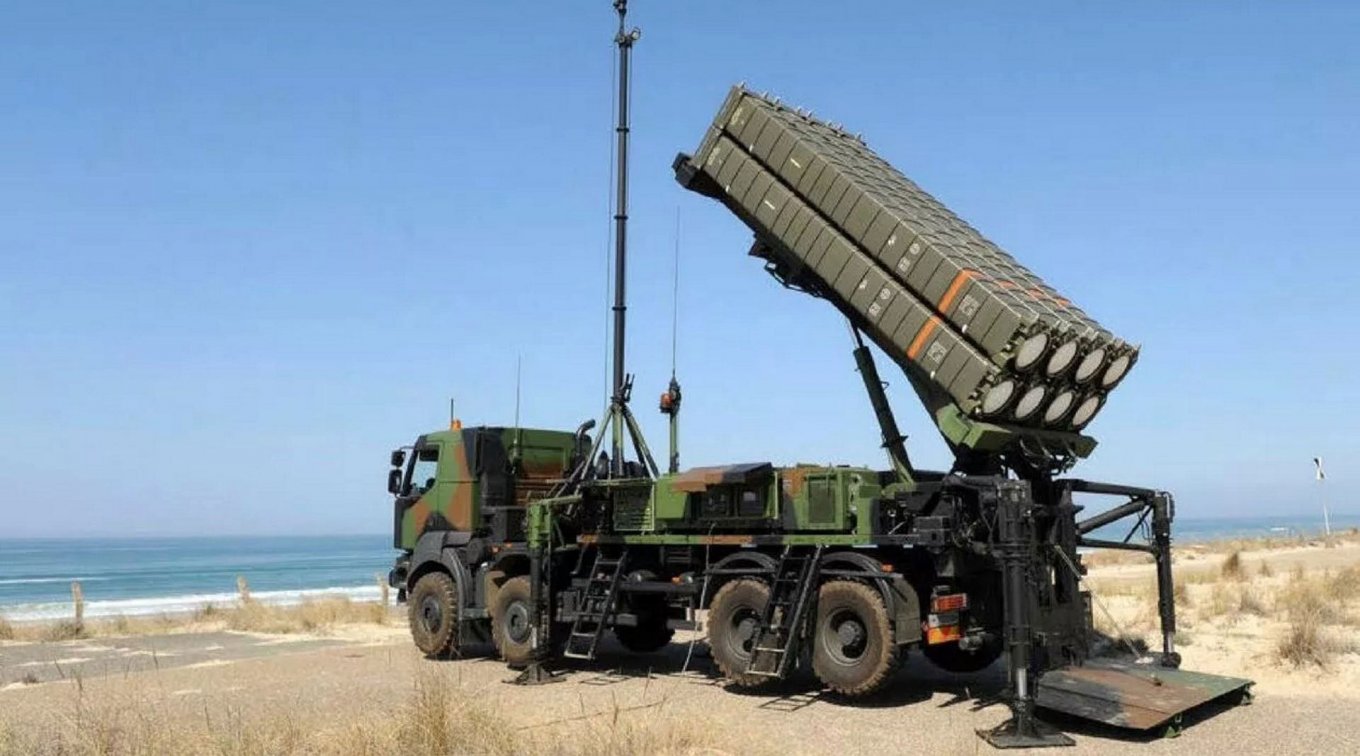
The problem is exacerbated by logistical constraints in MBDA's pan-European production process. Components often have to be transported across the Alps, significantly delaying manufacturing. In some cases, production cycles for Aster missiles have stretched up to 40 months.
Although MBDA has called for more firm orders to expand capacity, only France and Italy have made clear commitments. Belgium has expressed future interest, while Croatia, Denmark, and Estonia remain hesitant — in part due to competition from U.S. Patriot systems.
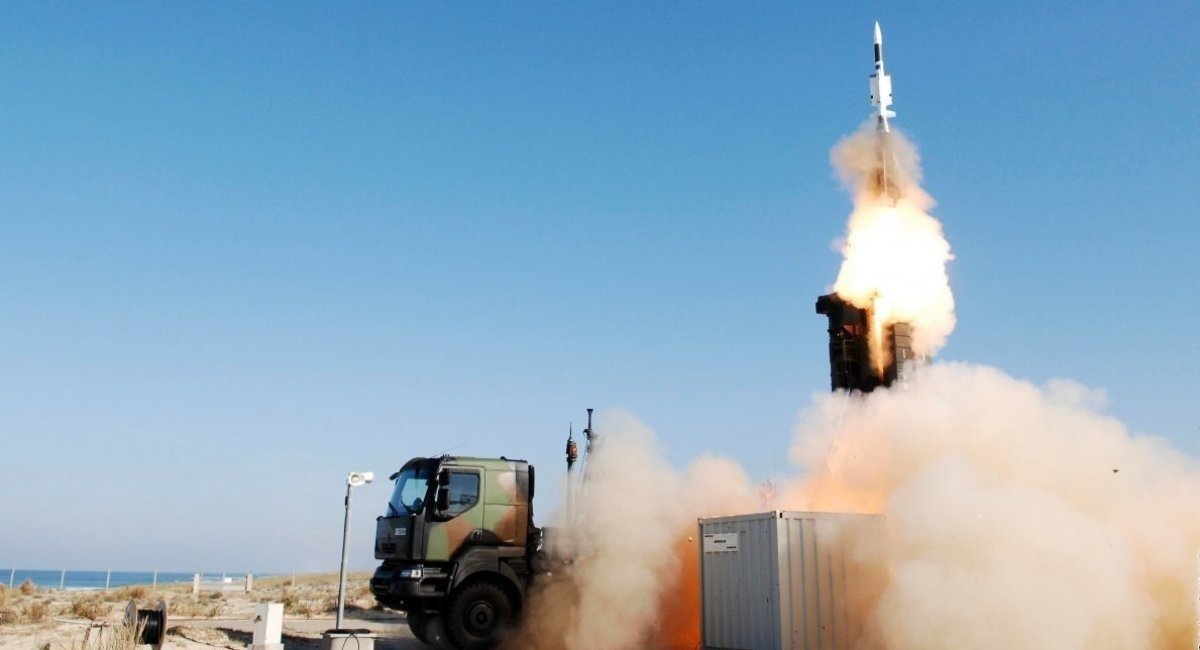
Notably, Raytheon's Patriot system has demonstrated better interception capabilities against hypersonic threats, while maintaining faster production rates. This puts Europe's SAMP/T in a difficult position on the global air defense market, both in terms of perception and availability.
In the case of Ukraine, the arrival of a third SAMP/T battery will undoubtedly bolster defense against air and missile attacks. But unless Europe finds a way to resolve its missile production bottleneck, even state-of-the-art systems risk becoming little more than expensive launchers with no ammunition.
Read more: Could Rheinmetall's New TGS-MIL Protected Truck Become the Next Platform for Ukraine's 2S22 Bogdana Howitzer?



